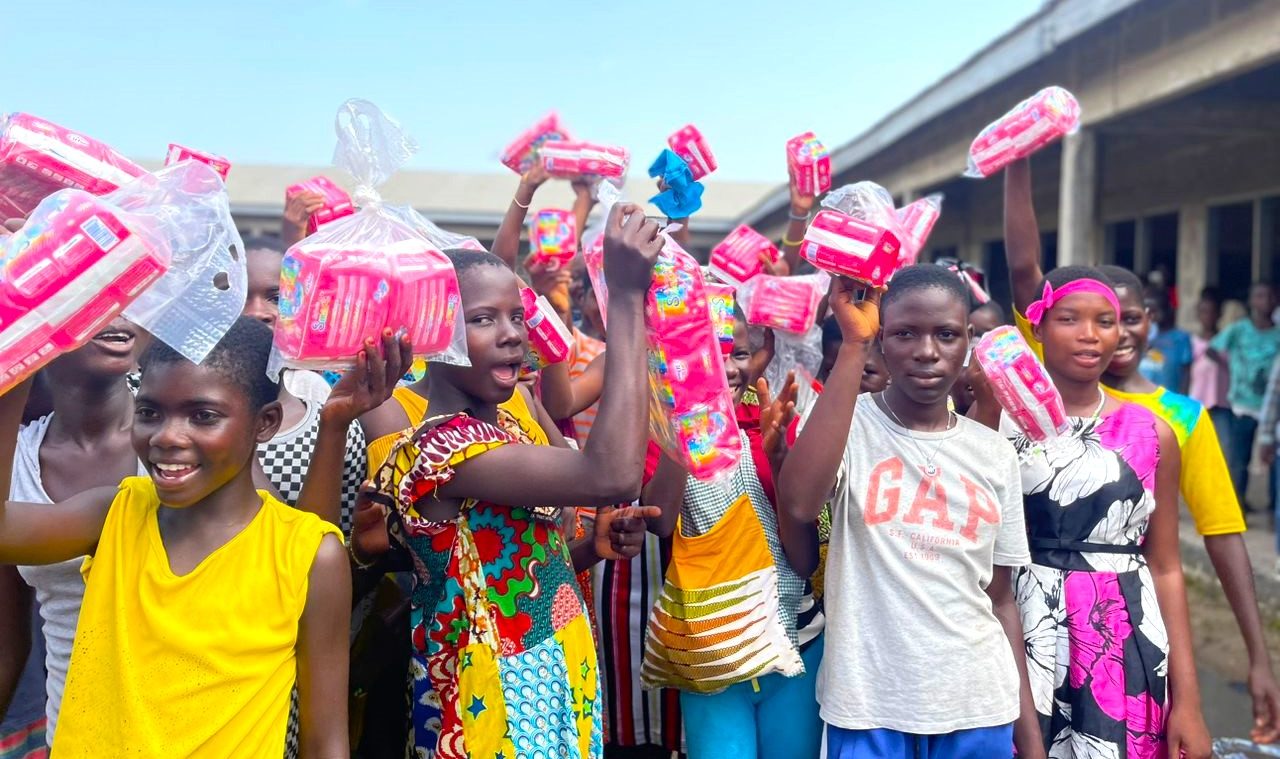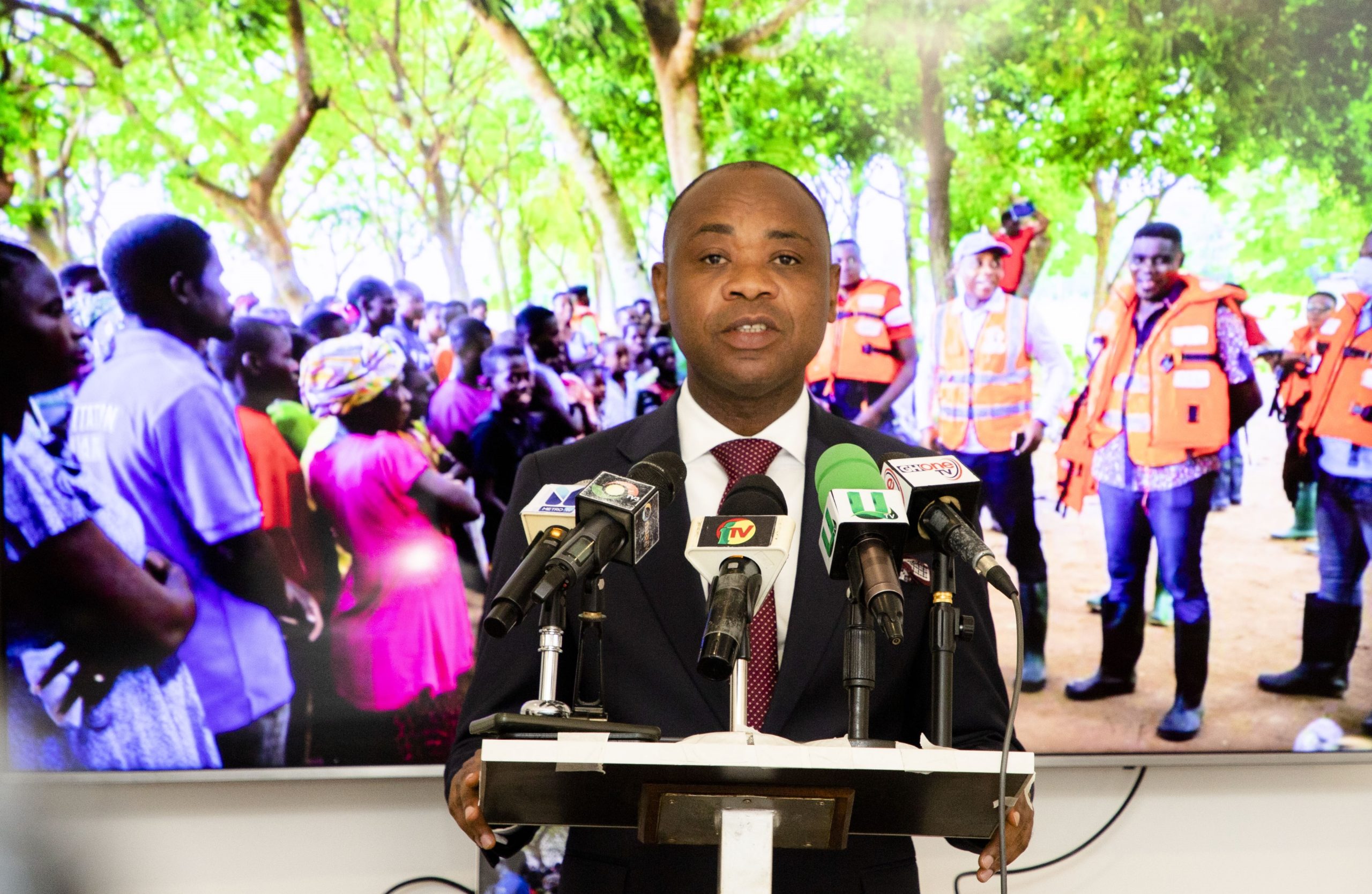[cmsmasters_row data_shortcode_id=”z3h8cesuq8″ data_padding_bottom_mobile_v=”0″ data_padding_top_mobile_v=”0″ data_padding_bottom_mobile_h=”0″ data_padding_top_mobile_h=”0″ data_padding_bottom_tablet=”0″ data_padding_top_tablet=”0″ data_padding_bottom_laptop=”0″ data_padding_top_laptop=”0″ data_padding_bottom_large=”0″ data_padding_top_large=”0″ data_padding_bottom=”50″ data_padding_top=”0″ data_bg_parallax_ratio=”0.5″ data_bg_size=”cover” data_bg_attachment=”scroll” data_bg_repeat=”no-repeat” data_bg_position=”top center” data_color=”default” data_bot_style=”default” data_top_style=”default” data_padding_right=”3″ data_padding_left=”3″ data_width=”boxed”][cmsmasters_column data_width=”1/1″ data_shortcode_id=”5dpey4wthn” data_animation_delay=”0″ data_border_style=”default” data_bg_size=”cover” data_bg_attachment=”scroll” data_bg_repeat=”no-repeat” data_bg_position=”top center”][cmsmasters_text shortcode_id=”q2jw8t73lh” animation_delay=”0″]
Child Rights International commissioned a national survey to understand the values, attitudes, concerns and optimism about the future of Ghanaian children. Understanding the views, priorities, and concerns of Ghana’s young population is essential for policy makers to build the brightest future for them and unlock the full potential of the country’s demographic dividend. The survey sampled the opinions from 11,288 respondents aged 12 to 17 in all 16 regions of the country. It was initiated to solicit information on the life experience of Ghanaian children about the present and their vision of the country for the future.
The survey found out that national pride is widespread among Ghanaian children. Although some of the children are hopeful about the future of the country in the next two decades, many children are wary of the current economic and social conditions (living standards). The findings suggest that there must be conscious effort by government to provide better standard of living for the citizenry. However, looking to the future, the children see the country as heading in the right direction.
The survey findings also indicate that some of the respondents believe that the country can change in the next 20 years by addressing such problems as corruption and unemployment as well as encouraging entrepreneurship, limiting the powers of politicians and investing in quality education.
Finally, the results suggest that religious influence in the country is likely to change in the next two decades as more children embrace the idea that hard work, educational qualification and individual talents are important factors they need to succeed in life rather than religious beliefs and practices.
Click here for the report
[/cmsmasters_text][/cmsmasters_column][/cmsmasters_row]







